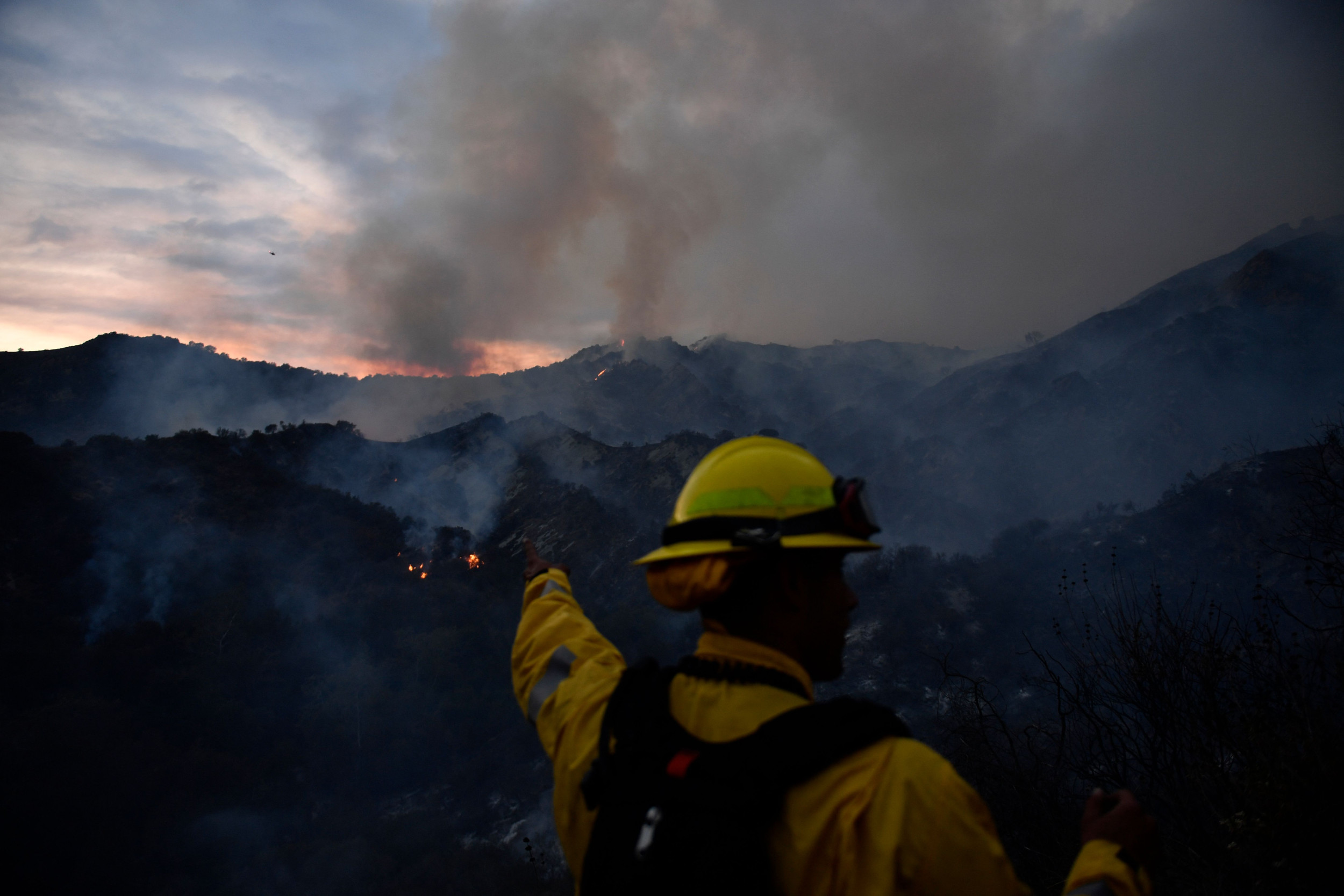The National Weather Service has issued warnings for several Floridian cities as freezing weather continues to affect the state.
Officials warned of a "cold front" sweeping in from the northwest, with severe storm risks announced for large parts of northern Florida.
Newsweek has contacted the National Weather Service for more information on this story via email.
Why It Matters
The National Weather Service has issued several winter storm warnings and winter weather advisories in 15 states, as cold conditions created by Arctic air have brought subfreezing temperatures to the U.S., disabling critical infrastructure.
Challenging driving conditions could affect travel as people return to work following the holiday period, and certain vulnerable populations, such as young infants and senior citizens, face increased health risks from the dangers associated with freezing temperatures.

What To Know
The National Weather Service announced new warnings in "portions of northeast and northern Florida," saying that cold wind chills could lead to temperatures as low as 20 degrees Fahrenheit.
Weather officials advised Floridians on Monday to keep their pets indoors as much as possible, while also ensuring that children and the elderly do not spend extended periods of time in the cold.
The severe weather warning in Florida stretches from Tallahassee down to Tampa, while an additional marginal warning area extends down to Fort Myers. Palm Beach and Miami have not yet been issued severe weather warnings.
Which Cities Are Affected?
The National Weather Service has issued warnings for areas that include the following cities:
- Tallahassee
- Gainesville
- Jacksonville
- Daytona Beach
- Orlando
- Tampa
- Melbourne
- Sarasota
- Fort Myers
Residents in these areas are advised to keep outdoor travel to a minimum, with appropriate clothing required if going outside is necessary.
What People Are Saying
In a statement published on January 6, the National Weather Service said: "The cold wind chills as low as 20 degrees [Fahrenheit] could result in hypothermia or frostbite if precautions are not taken.
"Appropriate action should be taken to ensure tender vegetation and outdoor pets have adequate protection from the cold temperatures. Young children, the elderly and the homeless are especially vulnerable to the cold. Take measures to protect them.
"Use caution while traveling outside. Wear appropriate clothing, a hat, and gloves. Keep pets indoors as much as possible. Ensure portable heaters are used correctly. Do not use generators or grills inside."
What Happens Next
The cold weather is expected to move across the mid-Atlantic region this week. More warnings for other parts of the U.S. are likely to be issued by the National Weather Service.
Do you have a story we should be covering? Do you have any questions about this article? Contact LiveNews@newsweek.com.





.png)














 English (US) ·
English (US) ·